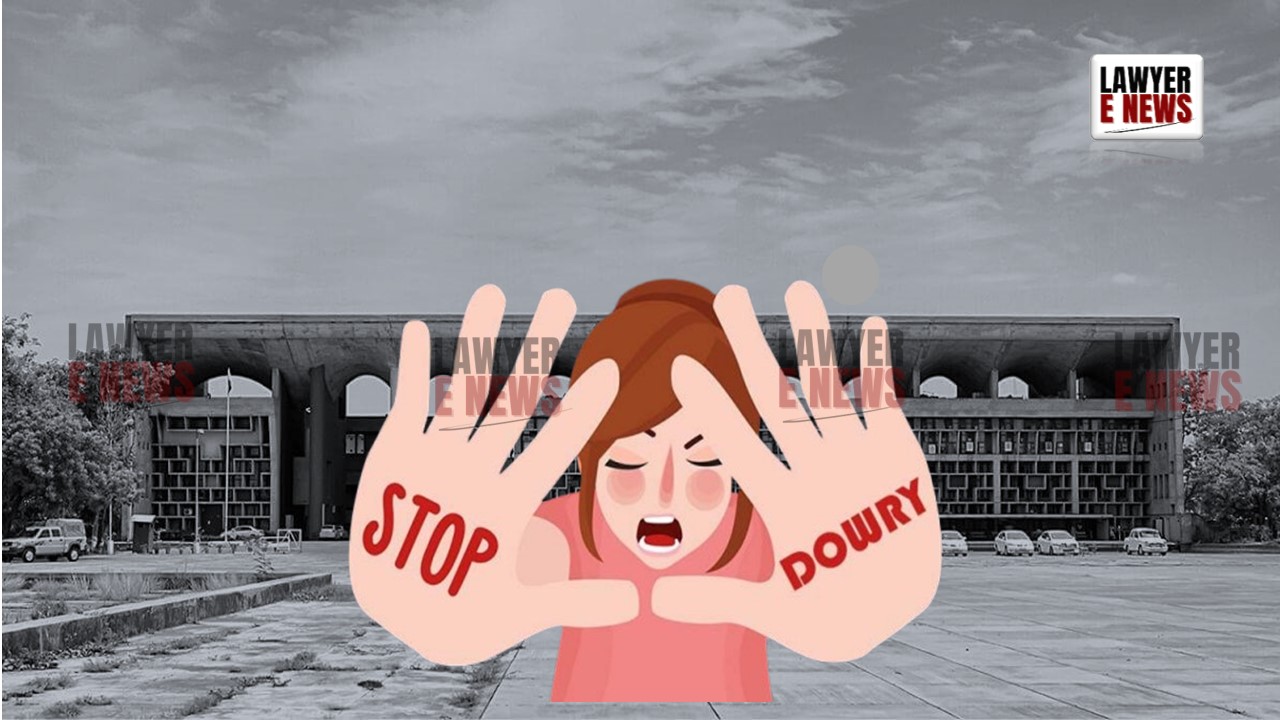-
by Admin
15 February 2026 5:35 AM



Punjab and Haryana High Court in State of Punjab v. Pushpa Rani & Anr. dismissed the State’s appeal and upheld the acquittal of the accused in a dowry death case. The court ruled that the prosecution failed to prove that the deceased, Sonia, was subjected to harassment for dowry before her death or that her death was unnatural. The absence of a postmortem examination further weakened the case.
Sonia, who was married to Sanjiv Kumar in 1994, died under suspicious circumstances on May 13, 2000. Her family alleged that she was poisoned by her in-laws due to dowry demands, including a generator on the day of her death. The trial court acquitted the accused in 2006, citing a lack of concrete evidence. The State of Punjab appealed the decision, which led to the present case.
No Postmortem Conducted: The court found that the lack of a postmortem examination prevented the prosecution from conclusively proving that Sonia’s death was unnatural or due to poisoning, as alleged by her family.
Contradictory Testimonies: The prosecution witnesses, including Sonia's parents, contradicted themselves during the trial. Additionally, no credible evidence of dowry harassment "soon before her death" was presented, which is crucial for proving a dowry death under Section 304-B IPC.
Settlement and Transfer of Assets: The court noted that a settlement was reached between the parties, involving the transfer of shops and land to Sonia’s children, but this did not serve as evidence of guilt. Instead, it reflected a possible resolution of disputes.
No Proof of Dowry Demand: The court found no substantial proof that Sonia’s in-laws had made persistent dowry demands. The prosecution’s case was further weakened by the admission that a significant sum of money was paid by the father of the accused to the complainant, negating the allegation of dowry harassment.
The High Court concluded that the prosecution failed to establish that Sonia was harassed for dowry or that her death was unnatural. The acquittal of the accused was upheld, and both the State’s appeal and the complainant's revision petition were dismissed.
This ruling highlights the critical role of concrete evidence, especially in dowry death cases. The court emphasized that speculative allegations without proper legal proof cannot lead to a conviction, reaffirming the presumption of innocence.
Date of Decision: September 24, 2024
State of Punjab v. Pushpa Rani & Anr..
